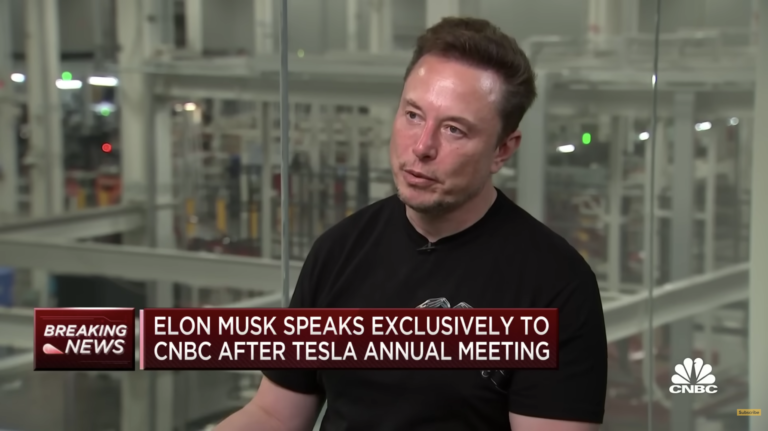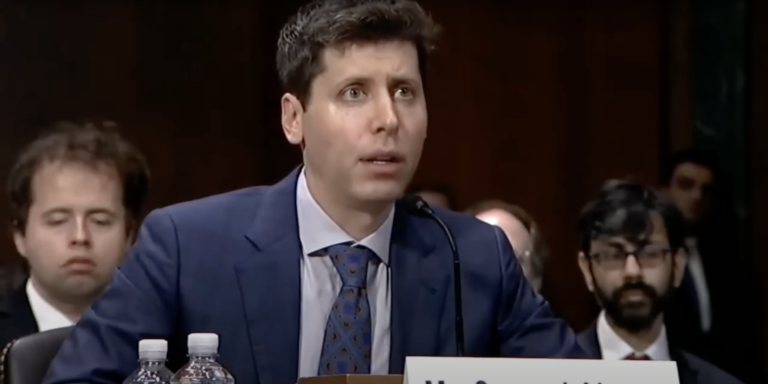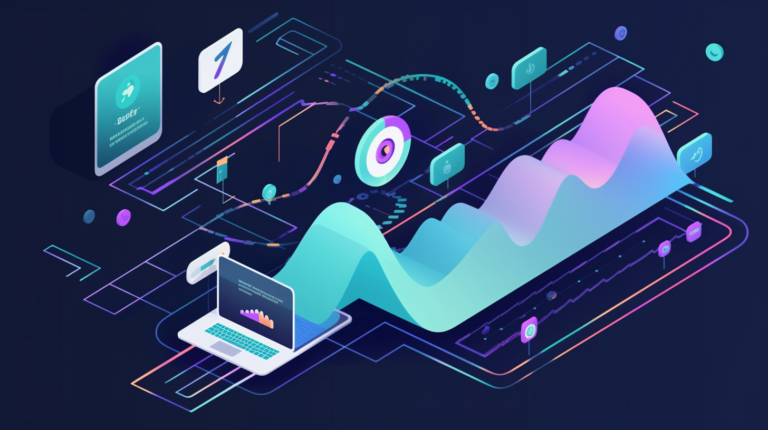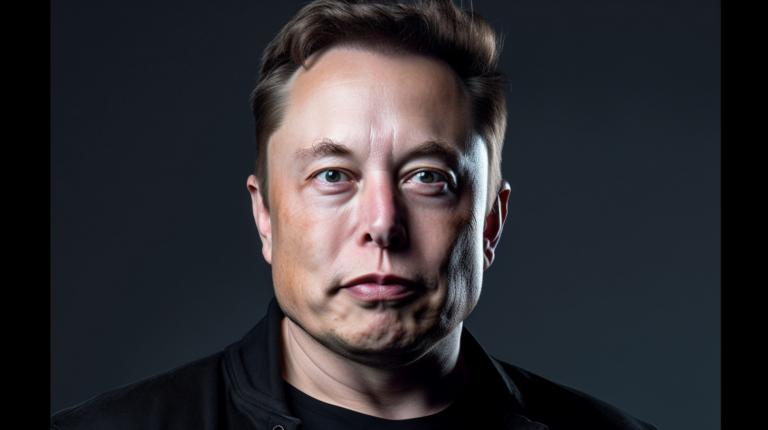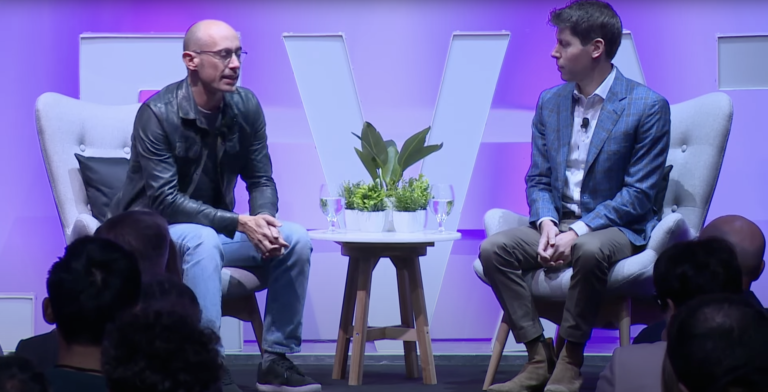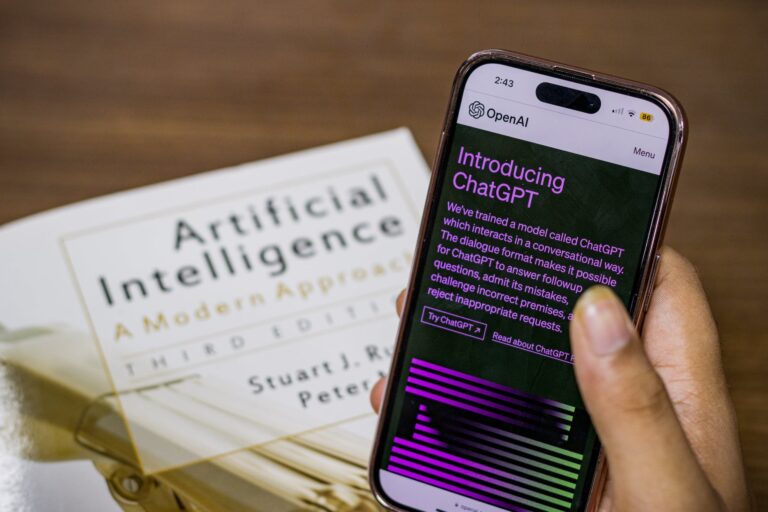OpenAI CEO Sam Altman Advocates for AI Safety in Congressional Hearing: A Call for Government Intervention
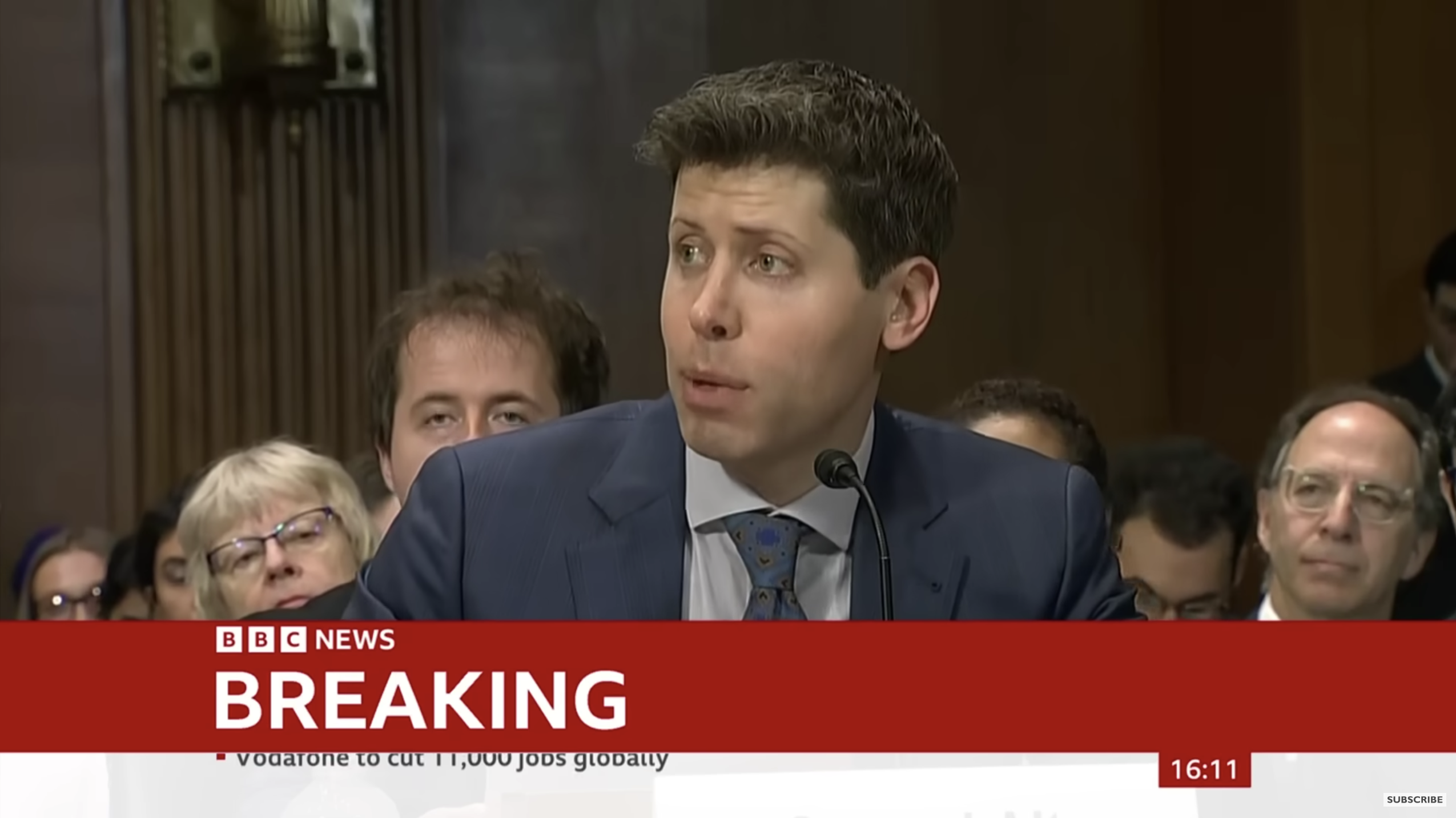
OpenAI CEO Sam Altman recently appeared before a congressional committee in Washington, providing a frank and insightful testimony on the potential benefits and threats of artificial intelligence (AI). Altman, who co-founded OpenAI, the company behind the revolutionary AI tool ChatGPT, emphasized the need for government intervention to ensure the safety of the rapidly evolving technology.
“OpenAI was founded on the belief that artificial intelligence has the potential to improve nearly every aspect of Our Lives but also that it creates serious risks we have to work together to manage,” Altman said. “We’re here because people love this technology. We think it can be a printing press moment. We have to work together to make it so.”
Altman’s testimony was a refreshing display of transparency and responsibility in an industry often criticized for its lack of oversight. He acknowledged the potential consequences of AI, stating, “I think if this technology goes wrong, it can go quite wrong, and we want to be vocal about that. We want to work with the government to prevent that from happening.”
The congressional hearing was not without its moments of ignorance about AI, however. Some senators seemed to struggle with understanding the technology, highlighting the need for more education and awareness about AI among lawmakers. Despite this, Altman remained patient and composed, providing clear and concise answers to their questions.
“We think that people should be able to say I don’t want my personal data trained on that’s I think that’s right that gets to a national Privacy Law which many of us here on the Deus are working toward getting something that we can use,” Altman said, advocating for a strong national privacy law.
Altman’s approach to AI safety, while not without its critics, is commendable. He is advocating for a proactive approach to AI regulation, aiming to avoid the mistakes made with social media, where regulation lagged behind technological advancement.
Despite the potential risks, Altman remains optimistic about the future of AI. He envisions AI helping to solve some of humanity’s biggest challenges, like climate change and curing cancer. “We are working to build tools that one day can help us make new discoveries and address some of Humanity’s biggest challenges like climate change and curing cancer,” Altman stated.
The hearing was a crucial step towards understanding and regulating AI. It highlighted the need for collaboration between tech companies and governments to ensure the safe and beneficial development of AI. Altman’s testimony was a testament to OpenAI’s commitment to this collaborative approach, setting a positive example for other tech companies to follow.
